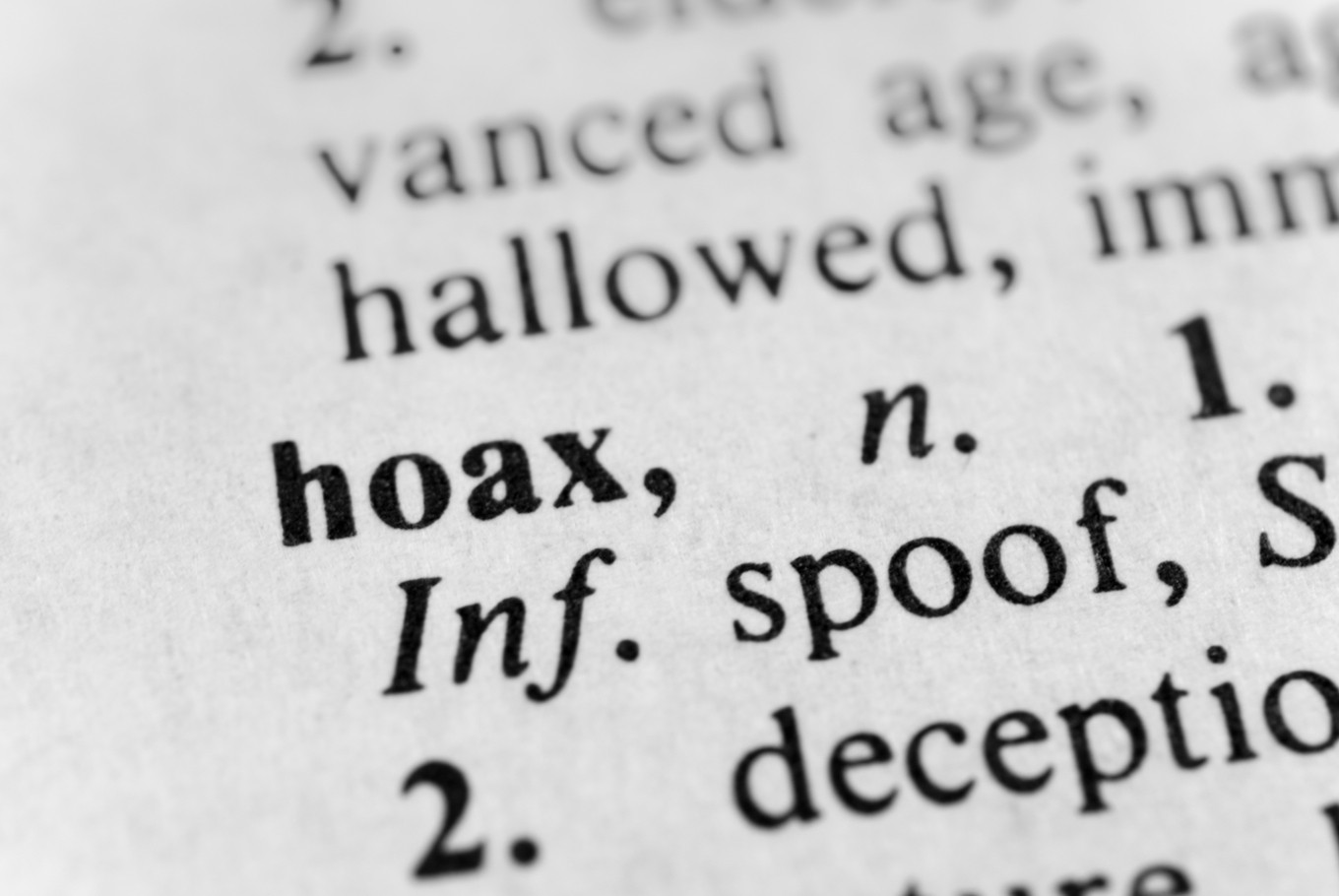Popular Reads
Top Results
Can't find what you're looking for?
View all search resultsPopular Reads
Top Results
Can't find what you're looking for?
View all search resultsFree press, fewer hoaxes
As we celebrate National Press Day on Saturday, the challenges we face do not only involve the convergence of media that offer limitless choices to the public, but also maintaining a high level of accuracy amid the omnipresent fake news.
Change text size
Gift Premium Articles
to Anyone
P
eople today have finally come around to understanding that social media often does democracy more harm than good. What came to light last year was that not only does social media have a cavalier attitude toward protecting our data, but it also carries a risk to the health of our hard-fought-for democracy.
Experiences from the 2016 United States presidential election provided evidence that social media platforms, Facebook in particular, have become conduits by which trolls spread misinformation and hoaxes to sway the results of votes.
In other places, social media platforms like WhatsApp, owned by Facebook, have become a potent force for disinformation campaigns. In India, the spread of false information through WhatsApp group conversations has helped create lynch mobs. In Brazil, the instant messaging service was responsible for the distribution of hoaxes in the lead-up to last year’s presidential election.
Corrective measures have been taken. Facebook now applies a thorough fact-checking mechanism to prevent the proliferation of fake news and WhatsApp has undertaken drastic actions, like deleting millions of accounts deemed responsible for spreading disinformation.
However, the outrage remains. Today, more and more people are deciding to leave social media and campaigns like “Delete Facebook” have been trending for a while.
The social media fatigue has brought good news to traditional media platforms. The proliferation of fake news and hoaxes on social media has prompted people to return to legacy publications. In 2017, the number of views on The New York Times website rose from 73 million the year before to 90 million, a jump of 23 percent. The Washington Post enjoyed a similar surge: The newspaper’s website got 79 million views in 2017, up from 65 million in 2016, also an increase of 23 percent.
As the world is awash in fake news, people are looking for more reliable sources of information. CNN has been the top gainer by recording 101 million views in 2017, up from 86 million in the previous year.
As Indonesia is entering the final phase of the simultaneous elections this year and as disinformation campaigns intensify, traditional media platforms play an ever-more crucial role. Established media companies characterized by their journalistic ethics and standards have had a long tradition of presenting only verified news to the public, the only antidote today to counter fake news. Also, only independent and unbiased media are able to fact-check the claims of political candidates.
To perform those pivotal roles, journalists have no choice but to improve their standards and this is something that the Press Council aims for with the implementation of its certification program. More than just a formal procedure, the program is one of the efforts to keep the public trust in the media intact simply because it sells credibility.
As we celebrate National Press Day on Saturday, the challenges we face do not only involve the convergence of media that offer limitless choices to the public, but also maintaining a high level of accuracy amid the omnipresent fake news.










